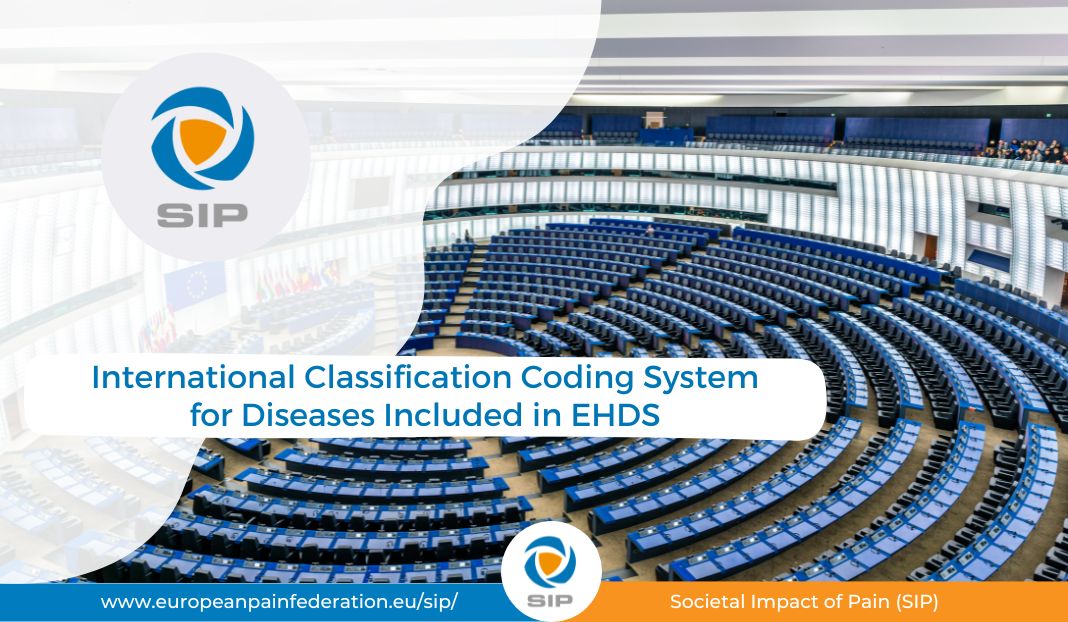The COVID-19 pandemic demonstrated the importance of digital services in the health area. The uptake of digital tools increased significantly during this time. However, the complexity of rules, structures and processes across Member States made it difficult to access and share health data, especially cross-border. Therefore, the European Commission presented the European Health Data Space (EHDS), which built on the GDPR, the Data Governance Act, the Data Act and the Network and Information System (NIS) Directive.
The European Health Data Space (EHDS) will:
- Support individuals to take control of their own health data,
- Support the use of health data for better healthcare delivery, better research, innovation and policy making and,
- Enable the EU to make full use of the potential offered by a safe and secure exchange, use and reuse of health data.
The International Classification of Diseases (ICD) is the international standard diagnostic tool for epidemiology, health management, research, and clinical purposes, as well as the international standard for reporting diseases and health conditions. The ICD allows for:
- Recording individual health conditions at the desired level of detail. This is why it is used in many health systems to diagnose conditions and determine which treatment is received,
- Generating healthcare statistics and reimbursement information,
- Sharing and comparing health information between hospitals, regions, settings, and countries,
- Comparing data in the same country across different time periods.
The International Classification of Diseases 11th Revision (ICD-11), is a key development and milestone that came into effect in 2022. Its implementation is of the utmost importance:
- To facilitate record and report diagnosis,
- To improve the quality of life of individuals living with pain,
- To support data collection for global epidemiological research,
- To support health services in developing effective interventions,
- To support the digitalisation of healthcare services which, in turn, will ensure the needs and rights of individuals living with pain are rightly covered and,
- To facilitate the access to precise information on costs, treatments and the societal impact of pain for shaping public health policies and campaigns.
The European Parliament EHDS Report was ratified at the Plenary Session on 11th December 2023. The Trialogues between the European Parliament and the Council of the European Union, started on 30th January 2024 and finalised on 15th March 2024.
After many years of work, SIP is delighted to announce that an International Classification Coding system for diseases is included within the Joint Text of the European Parliament and the Council of the European Union. More specifically as part of ‘Annex 1; Main characteristics of priority categories of personal electronic health data for primary use; Patient Summary’. Stating ‘An International Classification Coding’ to classify ‘Current, resolved, closed or inactive problems’ within patient summaries.This is a step in the right direction which will hopefully support the national roll-out of the International Classification of Diseases – 11th Revision.
The European Parliament approved the EHDS Joint Text in their Plenary Session on 24th April. The Council will do so after the summer period.
On behalf of the Societal Impact of Pain (SIP) thank you to all policymakers involved in the EHDS for the continued support and collaboration throughout the last couple of years in advocating for improved pain care in Europe. Thank you for persevering. We hope to continue the close collaboration in the future and we remain open for further discussions on the topic.
For more information on the topic, be sure to read the full Report here.
